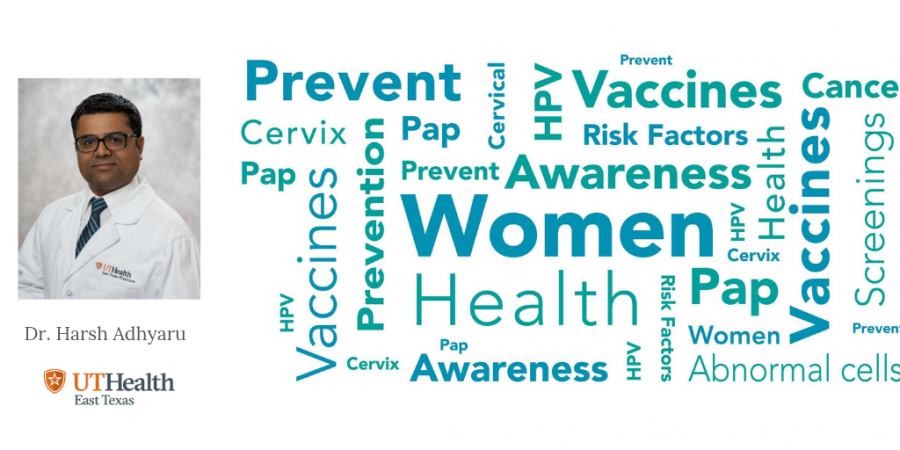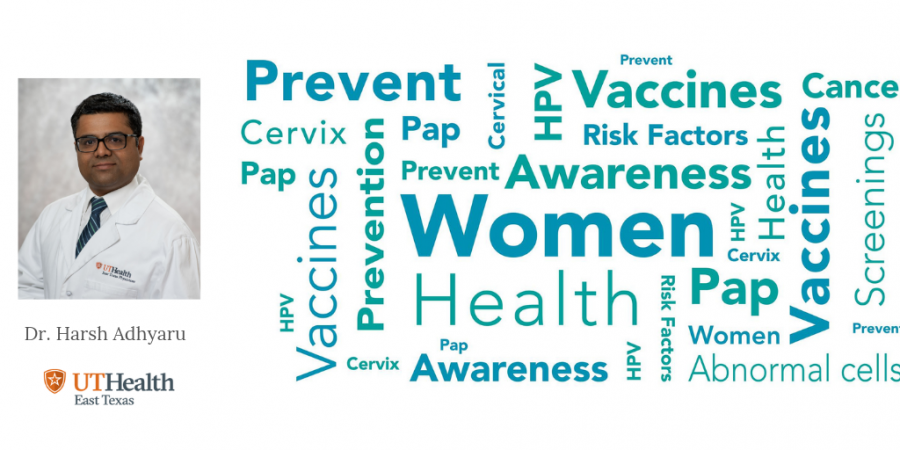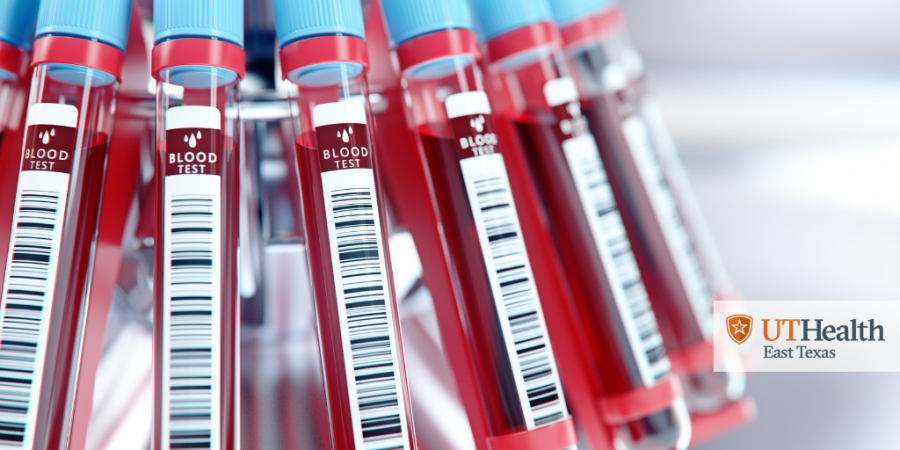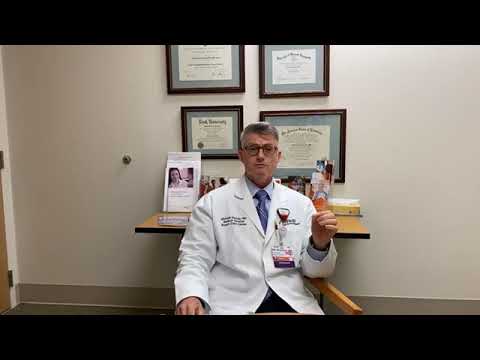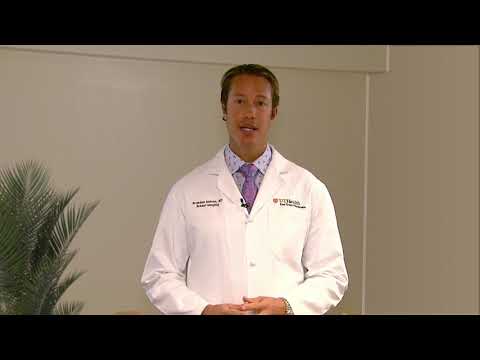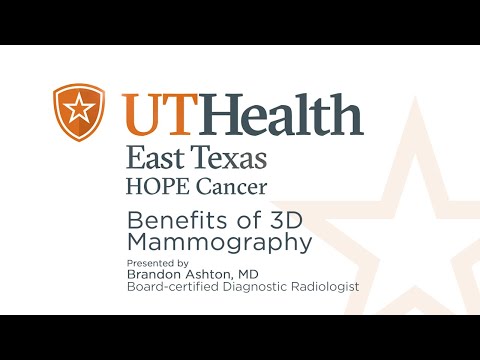Cancer of the uterine cervix is the third most common gynecologic cancer diagnosis in the United States. The good news is that the rate of cervical cancer has declined significantly due to widespread use of Pap smear screenings, HPV vaccines and the availability of precancer treatments.
The cervix is the neck of the uterus, or the lowest part of the uterus, sitting on top of the vagina. Due to cancer, cells of the cervix become abnormal and grow out of control and invade surrounding organs. The average age of diagnosis of cervical cancer in the United States was around 48 years... Read More »


